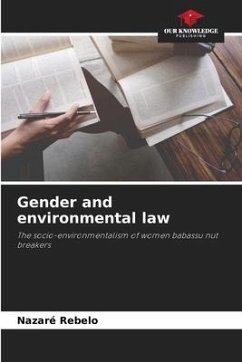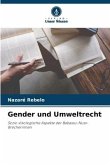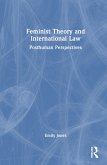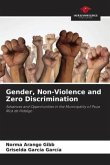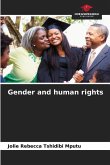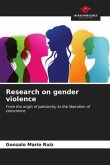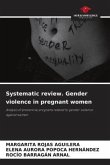With the process of Brazilian re-democratisation, several social movements of collective identity have been organising politically to claim rights that had been systematically denied to them by the Brazilian State. The expansion of spaces for political participation enabled collective identity groups to fight for their rights. However, despite the new relationship with the State and the constitutional and infra-constitutional recognition, the realisation of these rights has not yet been achieved. Within this context, women babassu nut breakers have emerged on the political scene, claiming for valorisation and recognition of their traditional babassu extraction activity, for an increase in babassu-derived products, for the approval and respect of the free babassu law, and for territorial space to develop both the collection and the breaking of the coconut as well as family farming based on organic production. The backing for their demands is centred on the socio-environmental ideathat traditional populations are responsible for protecting the environment, since they have a low environmental impact relationship with nature.

